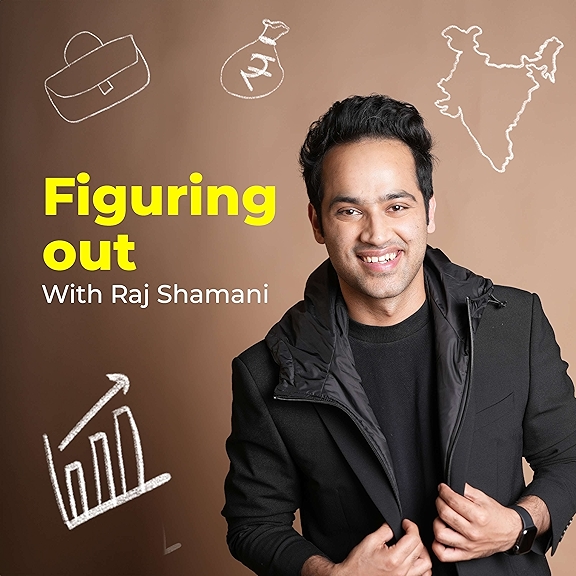
Nitin, the founder of Pinch, highlights in this first episode the value of collaborative listening in conversations, both in personal life and at the workplace. In particular, he talks about - "Yes, and" and "Yes, but" which are two common ways to respond to a statement or suggestion in a conversation, and they can have different effects on the tone and outcome of the conversation.
"Yes, and" is often used in improv comedy as a way to build on the ideas of others and keep the conversation flowing. In this context, it is seen as a positive and collaborative way to respond. By saying "Yes, and" to someone's idea, you acknowledge and validate their contribution, and then add your own idea to build on it. For example, if someone says "Let's start a podcast about gardening," you could respond with "Yes, and we could interview local farmers to get their tips on growing seasonal produce."
"Yes, but," on the other hand, is often seen as a more negative or dismissive response. When you say "Yes, but" to someone's idea, you acknowledge their suggestion but immediately offer a counterpoint or objection. This can make the other person feel like their idea is being shut down or dismissed. For example, if someone says "Let's start a podcast about gardening," and you respond with "Yes, but I don't think we have enough expertise to make it interesting," the conversation may halt.
In general, using "Yes, and" can help to keep a conversation positive, collaborative, and creative, while using "Yes, but" can sometimes create a more defensive or negative tone. Of course, there are times when "Yes, but" might be the appropriate response - for example, if you need to offer a counterpoint or raise a concern. But in many cases, "Yes, and" can help to keep the conversation moving forward in a productive way.
Listen to Nitin explain this in conversation with Devyani Singh & Anika Saha.




















